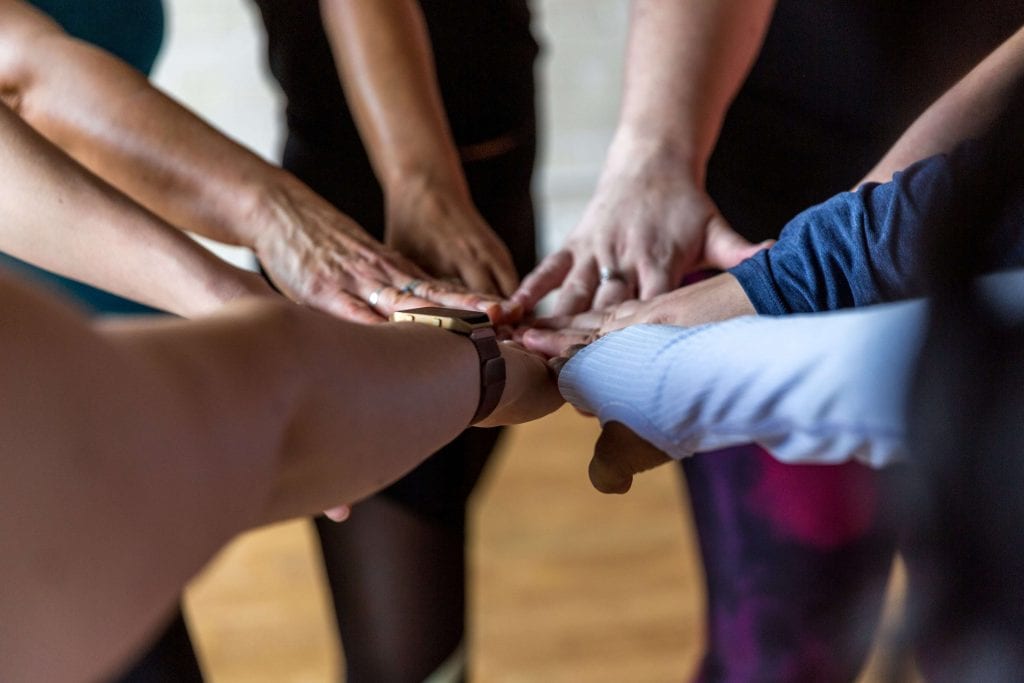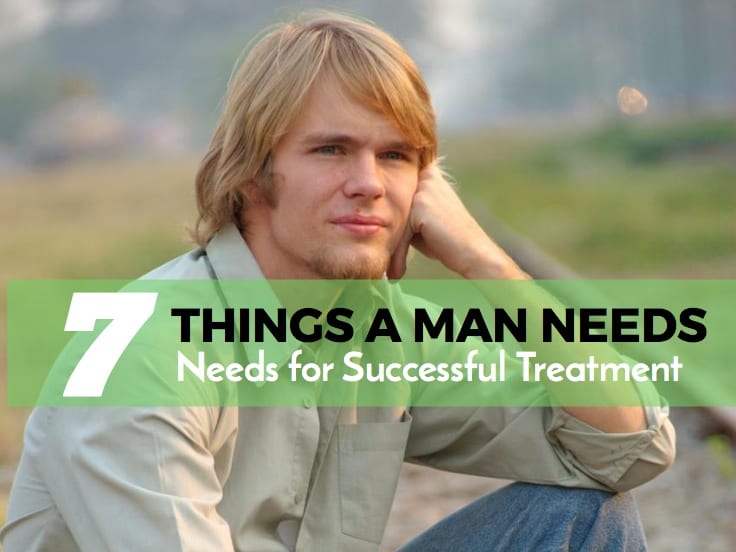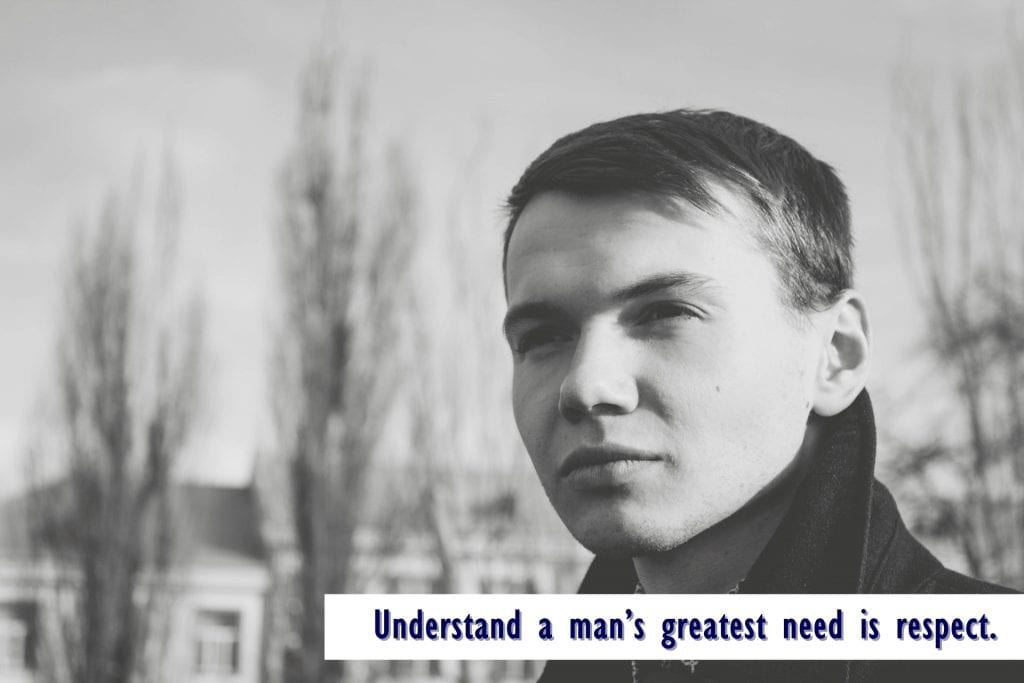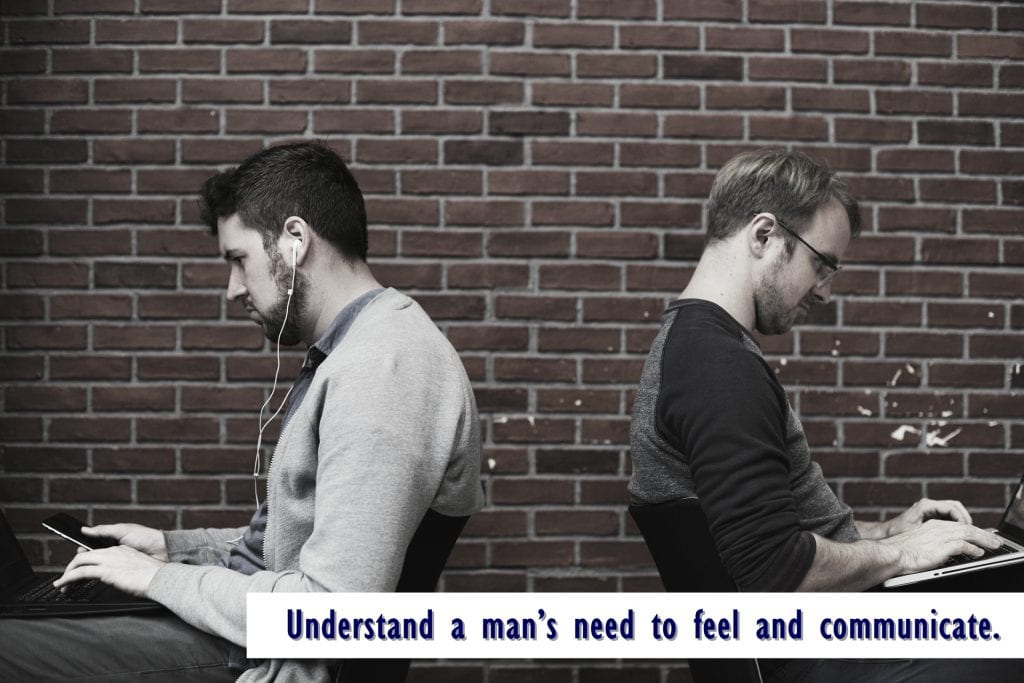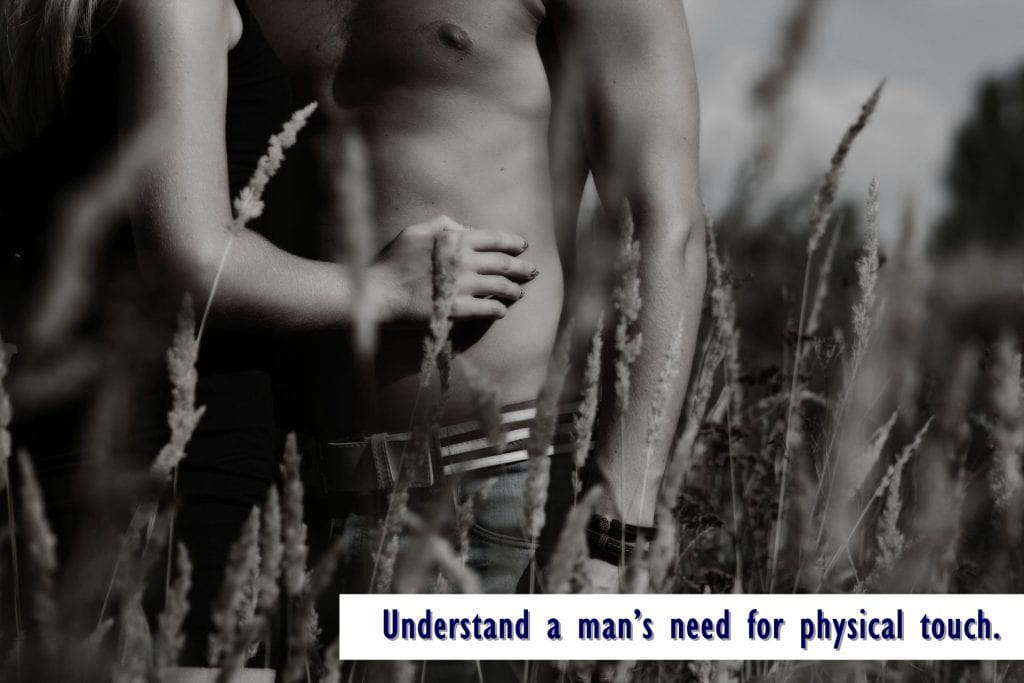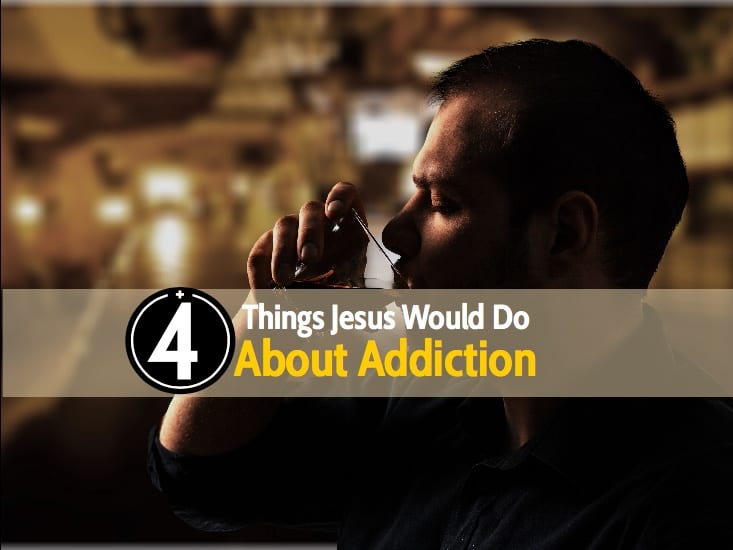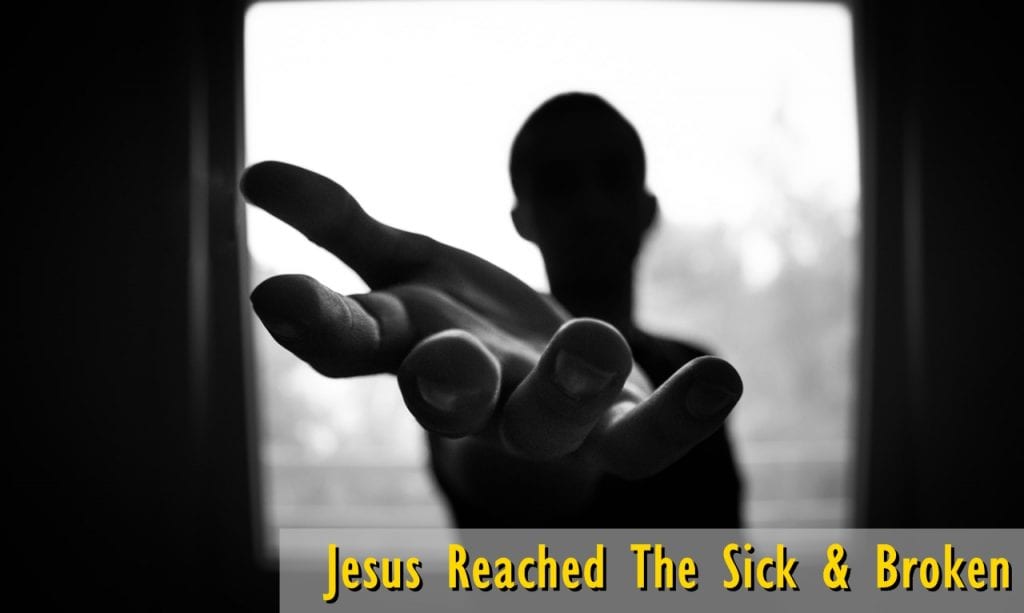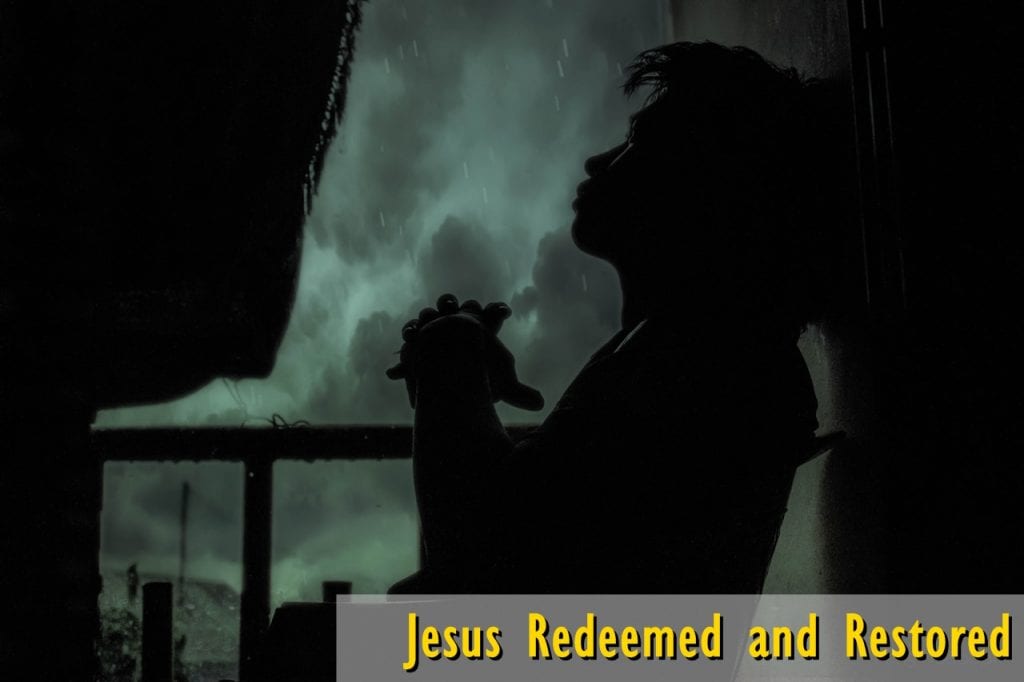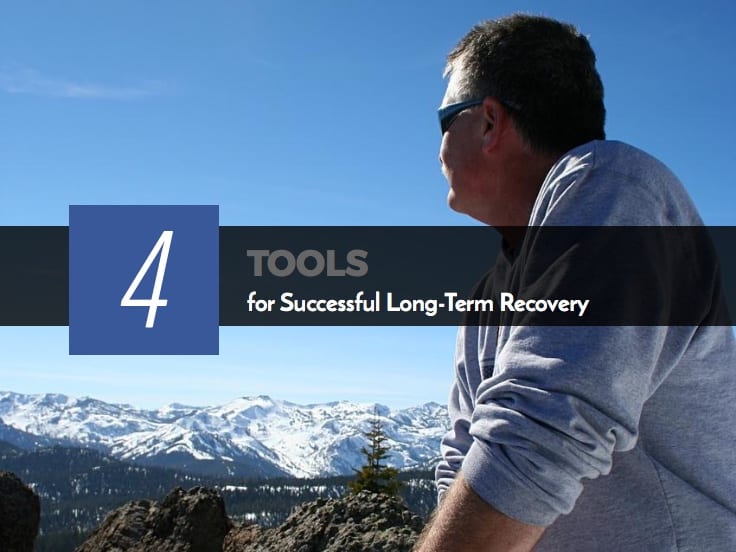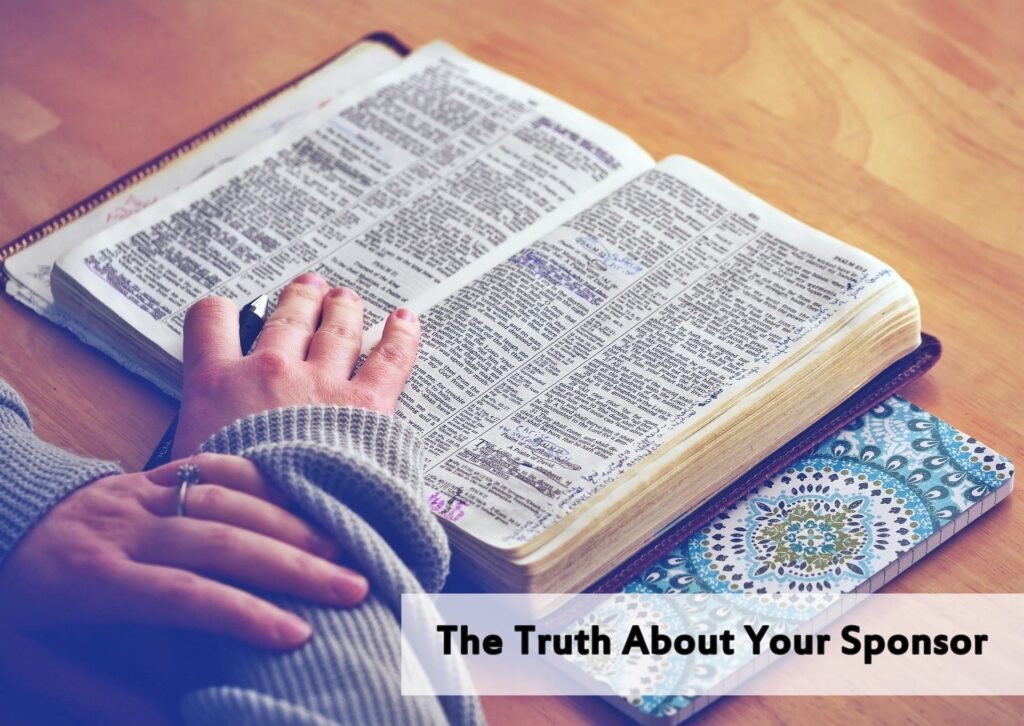All drugs in the opioid class have similar effects to heroin. Other opioids include opium, morphine, oxycodone, OxyContin, hydrocodone, fentanyl, codeine and carfentanil. The effects of these drugs include pain relief, cough suppression, a false sense of well-being, drowsiness, constipation, difficulty concentrating, slowed breathing, and apathy. Like heroin, all these drugs can lead to physical and psychological dependence, as well as fatal overdoses.
What are opioids and what are their differences?
- Heroin – Heroin is made from the opium poppy and the process of producing it incorporates various chemicals and involves many steps. It is snorted, smoked or injected. Typically, many that became addicted to heroin started with prescription medication, opioids such as OxyContin or Percocet. Then at some point, the prescription medication either became too expensive or unavailable. Since heroin is typically cheaper and readily available on the street, it becomes the next best option. When an addict is dope sick, in desperation, they will do things they never dreamed of doing just to get well.
- Fentanyl – Fentanyl is a second-generation synthetic-class opioid, highly addictive and 50 to 100 times more powerful than morphine. Fentanyl was initially intended to manage chronic pain in patients with serious health conditions such as cancer, or after an invasive surgical procedure. It is categorized as a prescription pain reliever sold in an injectable form, a lozenge or lollipop, or as an extended-release patch. It is also manufactured illegally and sold on the black market. This drug surfaced on the streets of New York in the early 1970’s and bore the label “China white”. Today, Fentanyl is cheaply made and commonly substituted for heroin or added to it to increase its effects. This is very dangerous and often leads to fatal overdoses.
- Carfentanil – Carfentanil is structurally equivalent to fentanyl but much more powerful, literally 100 times more powerful. It has a similar chemical makeup but differs in some ways. This substance was initially licensed to sedate large animals such as elephants and can be up to 4000 times more powerful than heroin. Prior to 2017, it was considered a non-controlled substance in China and easily purchased through the mail. Similar in appearance to table salt, just 1 mg added to a half gram of heroin is powerful enough to kill 25,000 people.
If you suspect that someone you love or care about is using, abusing or addicted to opioids, there’s no time to waste. Please don’t wait until it’s too late. When in doubt, be sure to check it out.
It is very important to understand that these synthetic substances do not necessarily show up in your typical store bought (over-the-counter) test kit. They should be obtained and administered by a professional for certain accuracy.
We can help! Call 866.543.3361 today or visit us at www.newlifespiritrecovery.com for supportive resources and treatment options, including a free intervention book. We are leaders in Christ centered, clinically based addiction treatment for men and women since 2005. If we can’t help, we will find someone who can.
#HopeDealer #FindRecovery #OpioidCrisis #OpioidEpidemic #FindHope #AddictionHelp #FindFreedom




